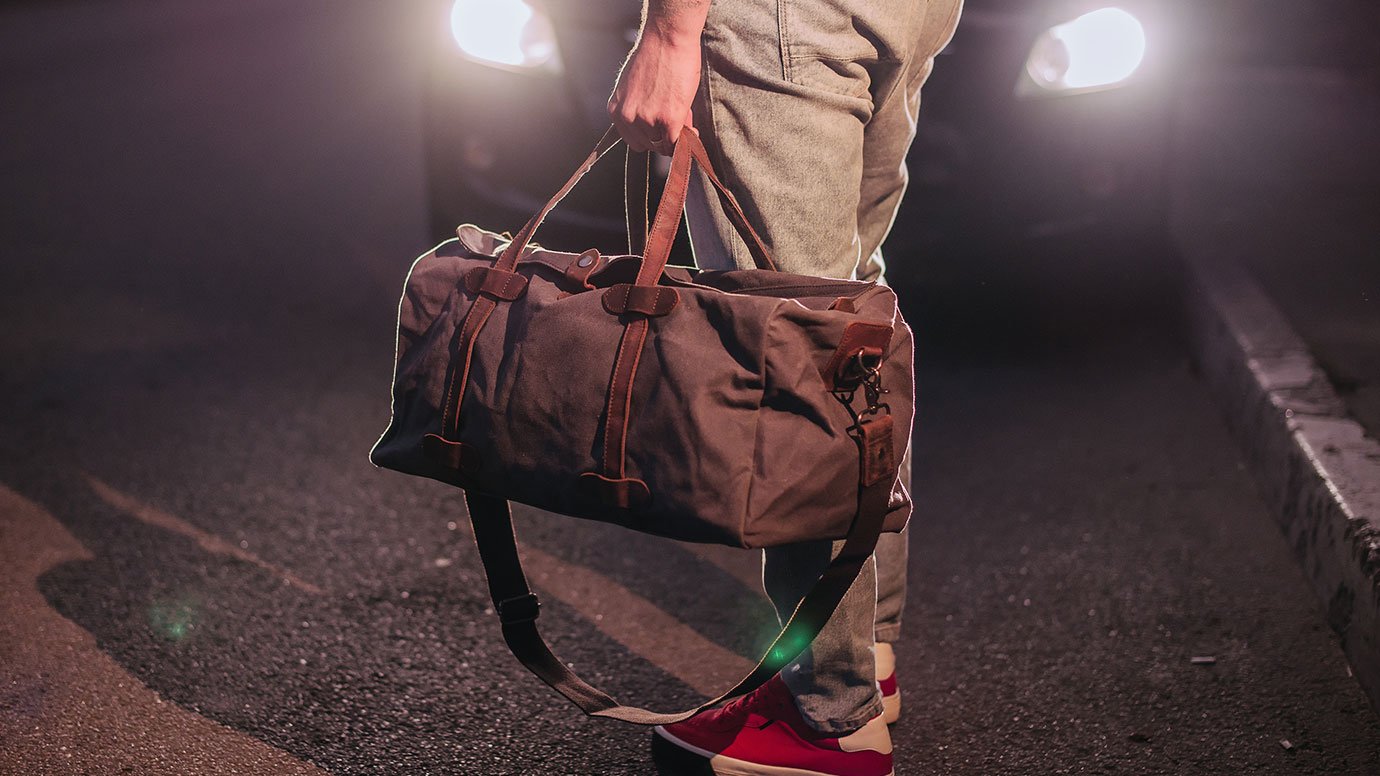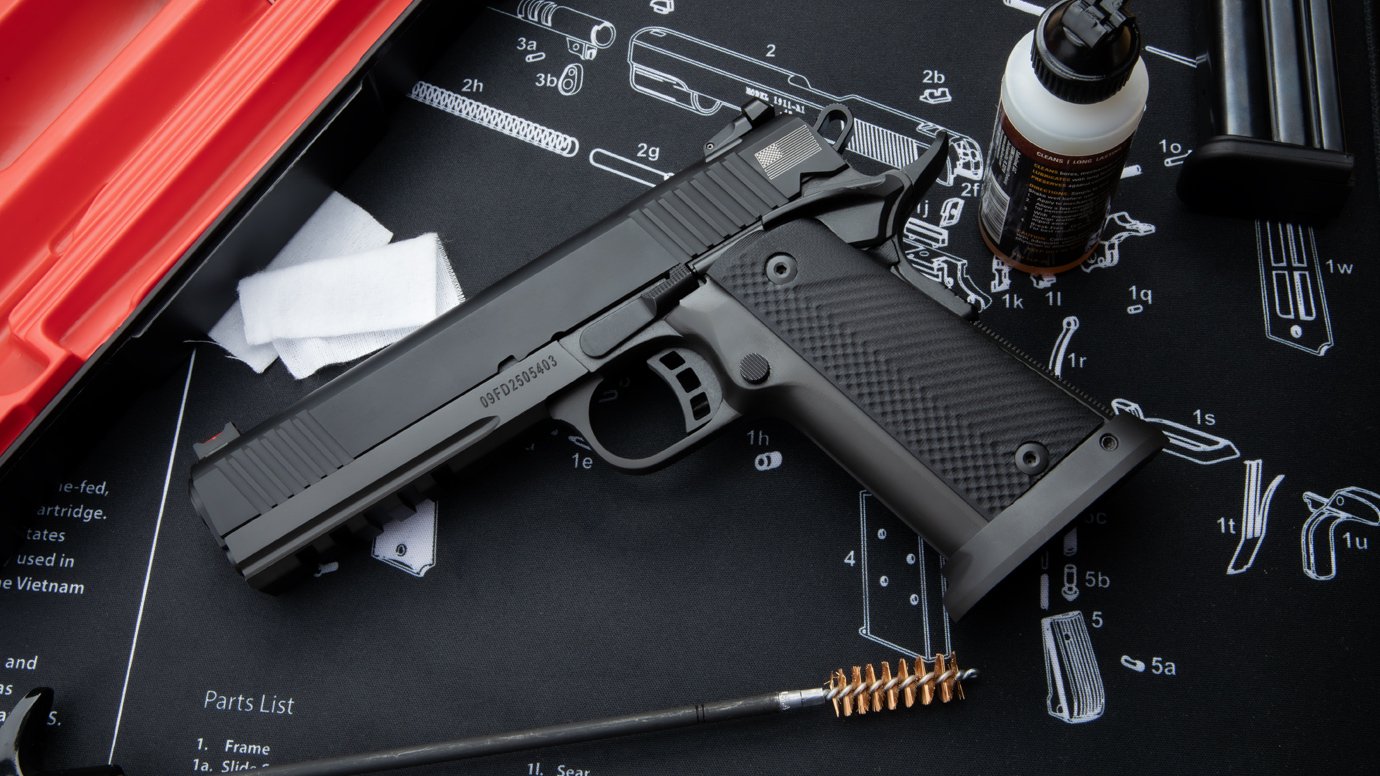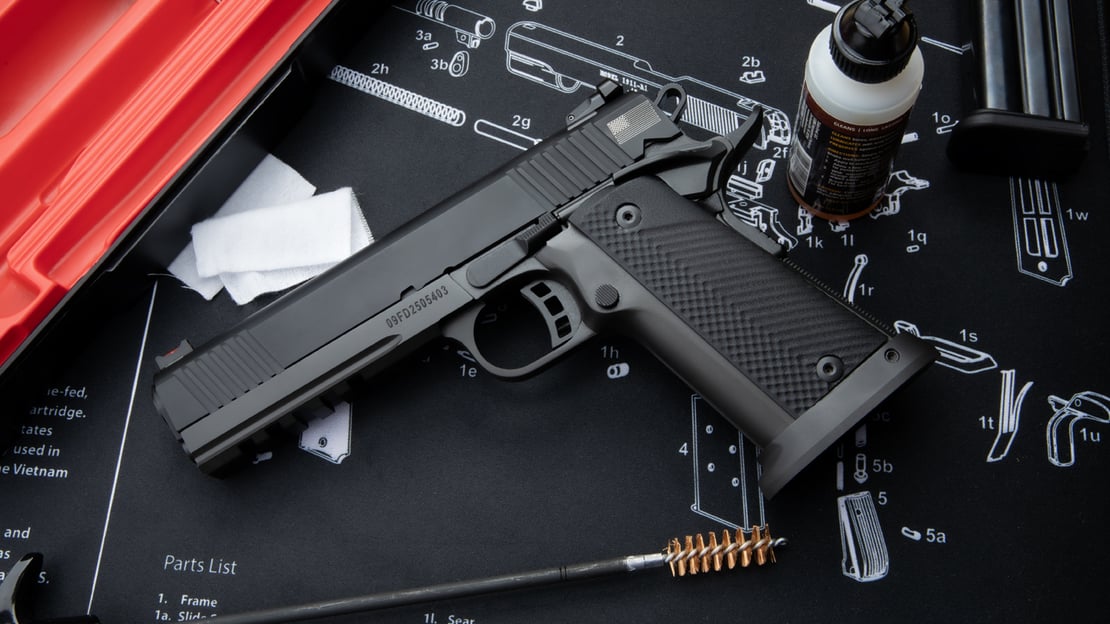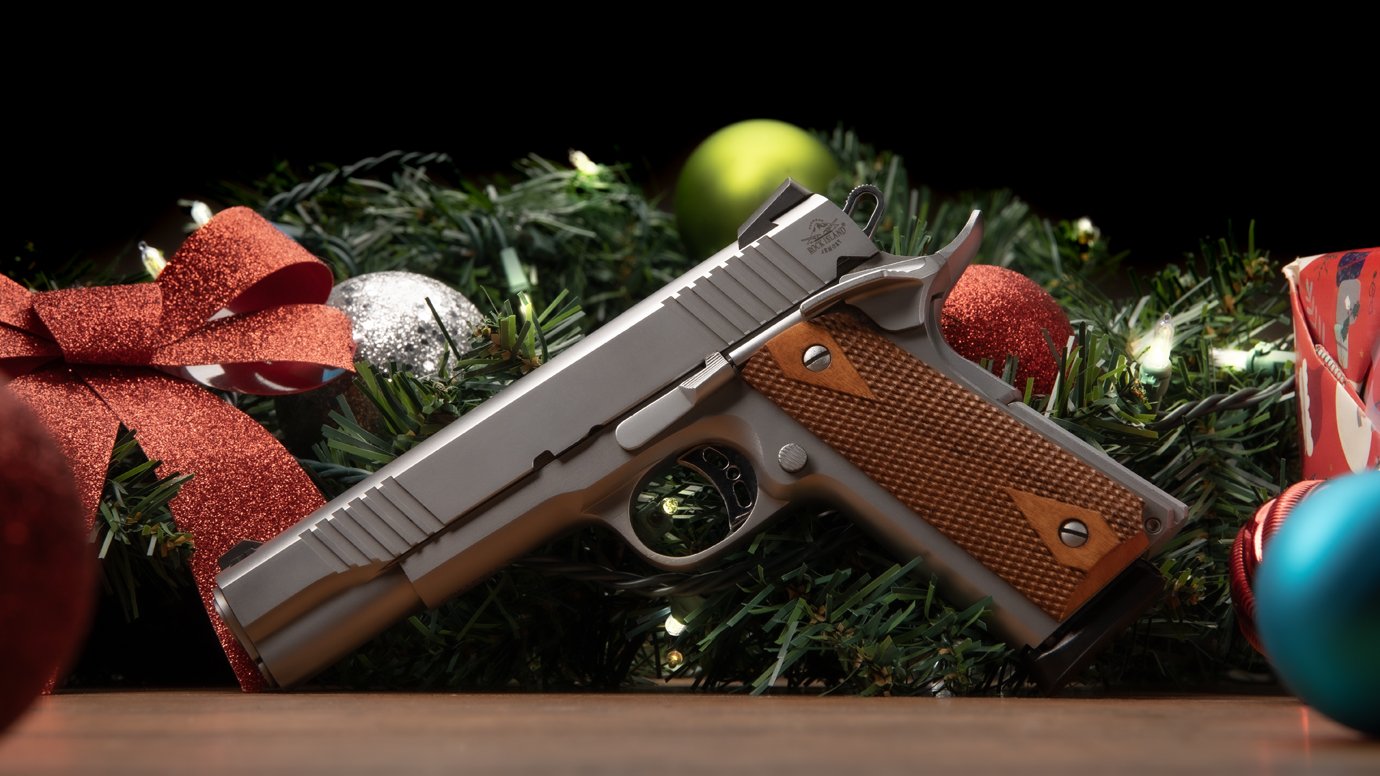What to do in a Traffic Stop While Carrying
Posted by Team Armscor on Jun 4, 2019 4 Minute Read
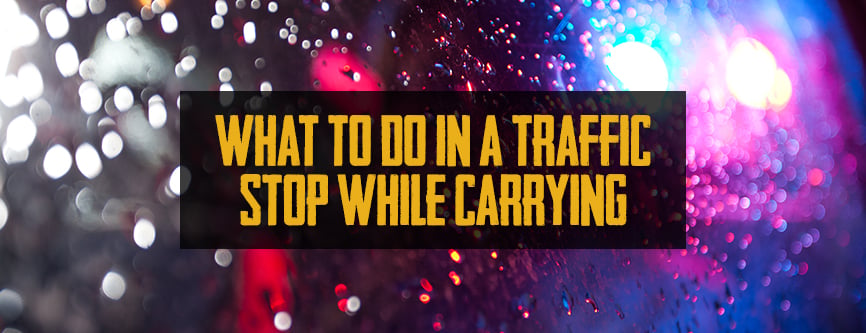
One of the most common questions concealed carry permit holders have is on how to handle a traffic stop while carrying. While the answer may seem simple to some, handling the situation incorrectly can get you into trouble, so we put together a field guide to help keep you safe when you get pulled over.
Check out these tips on what to do at a traffic stop while carrying:
Know the Laws
It goes without saying that, if you concealed carry, you should know your local concealed carry laws. For the purposes of a traffic stop in particular, you should know your state's car carry laws as well as whether or not your state is a "duty to disclose" state. Knowing the laws surrounding your concealed carry is the first step in staying safe while carrying.
Be Prepared
Traffic stops can be nerve wracking for concealed carry permit holders and police officers alike. Being prepared for the interaction will help you avoid common mistakes that could cause the stop to go south.
License & Registration - Keep Your License and Registration in the visor of your vehicle when concealed carrying. This will allow you to get the officer your information without reaching around your car or hiding your hands.
Practice Your Disclosure - When speaking with an officer of the law, being visibly nervous and simultaneously disclosing that you have a firearm can be a recipe for being removed from the car. Remain calm when speaking to the officer and practice what you'll say ahead of time so you're as prepared for the stop as possible.
Carry Your Permit - It is always important to carry your permit with you while concealed carrying your firearm, but it is especially important when dealing with a police officer. Failing to have your permit on you while carrying concealed is a surefire way to turn a minor traffic stop into a potential criminal charge or revocation of your permit.
Stay Put
Starting off a traffic stop by moving around the cabin of your car is a quick way to put the police officer on edge. Though it may make you nervous to keep your firearm on your person while being approached by a police officer, it is an incredibly bad idea to try to remove your firearm from it's concealed location before or during an interaction with an officer. Instead, turn on the lights in your vehicle and sit calmly with your hands on the wheel where the officer can see them. Your license and registration should be tucked into your driver's side sun visor. Don't reach for them until the officer asks.
Disclose Your Carry
Though it may not be required to disclose that you are carrying a firearm in every state, it's generally a good idea to let the officer know, in as calm a manner as possible, that you have a gun on your person. The officer should run your license plates prior to approaching your car, which would pull up that you have a concealed carry permit. They may ask you if you have your gun on you, otherwise you can let them know when you hand them your license and registration. A simple "Here you go, officer. I also have my concealed carry pistol on me today" is enough to politely inform the officer of your carry.
Having a concealed carry permit requires a significant amount of accountability and responsibility. If you plan on concealed carrying, it's important to prepare yourself for scenarios, such as a traffic stop, where making a mistake can land you in trouble. Before you attempt to carry across state lines, be sure to consult our blog on concealed carry reciprocity to ensure you're clear to carry in the states you are traveling through.


